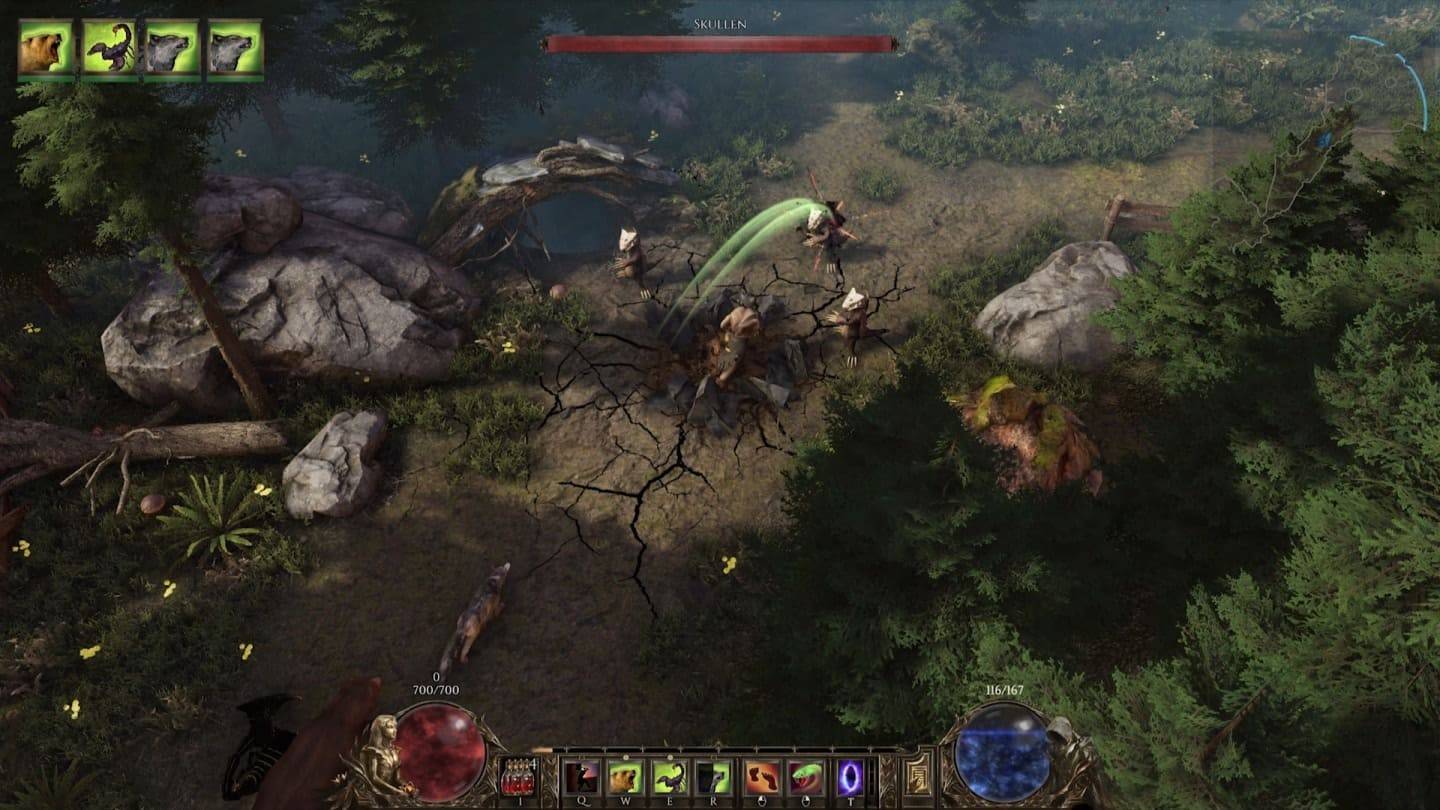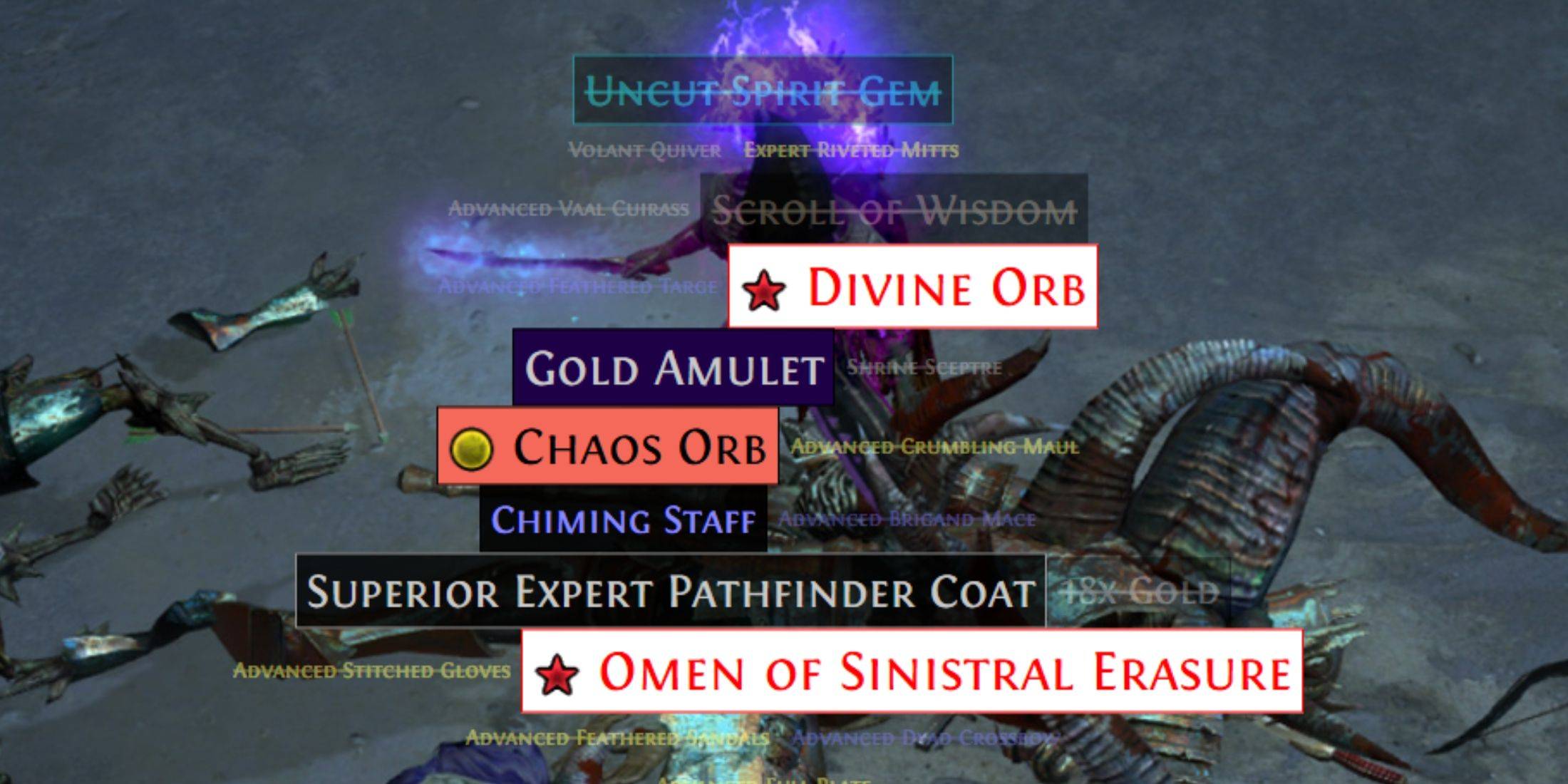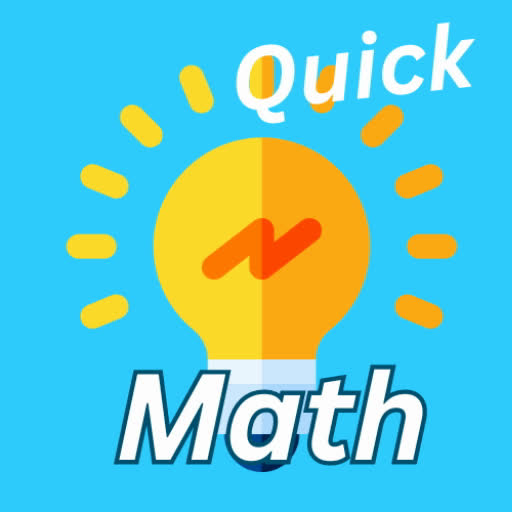Dungeons and Dragons (D&D) is a tabletop role-playing game (TTRPG) that blends collaborative storytelling with strategic gameplay, where dice rolls shape the narrative and outcomes. Fueled by the success of Dungeons and Dragons: Honor Among Thieves and the widespread acclaim of Baldur's Gate 3, this iconic game is attracting new players. Now in its 5th edition (D&D 5e) with updated rulebooks, D&D is more accessible than ever, making it an ideal time to dive into the adventure.
For those seeking a simpler alternative, numerous board games inspired by Dungeons & Dragons offer fun and approachable entry points.
Essentials for Playing D&D
1. The Players
D&D requires at least two participants, though a group of 3-5 is ideal. At minimum, you need a Dungeon Master (DM) and one or more players. Larger groups are welcome, so invite as many friends as your space allows.
The DM guides the session, crafts adventures, interprets rules, and populates the game world with characters, locations, and events. While the role may seem intimidating, it’s deeply rewarding for those who enjoy shaping epic narratives.
The Dungeon Master's Guide and Monster Manual are key resources for new DMs. Official adventure modules can also provide a head start for your storytelling journey.
2. Rulebooks
To embark on your D&D journey, you’ll need core rulebooks, but players only require one. Updated editions of these books were released earlier this year.
Player’s Handbook - Essential for players, this book covers character creation, gameplay rules, and serves as a valuable reference for all experience levels.
The Dungeon Master’s Guide - A must for DMs, this guide aids in crafting non-player characters (NPCs), settings, and full adventures.
Monster Manual - This book equips DMs with a variety of creatures to challenge players, adding excitement and danger to the game.
Additional books expand on player options, world lore, and pre-written adventures to lighten the DM’s workload. For beginners, Dungeons and Dragons Starter Sets include pre-made characters, an adventure, dice, maps, and simplified rules, available in physical or digital formats on virtual tabletops.
3. The Dice

D&D isn’t complete without polyhedral dice: a 4-sided (d4), 6-sided (d6), 8-sided (d8), 10-sided (d10), 12-sided (d12), and 20-sided (d20) die. Each player and the DM needs one set, but many enthusiasts enjoy collecting multiple sets. Explore top D&D dice sets available for purchase.
4. Character Sheets
Character sheets detail your character’s stats, abilities, equipment, and other key information. The Player’s Handbook includes a basic sheet, but you can find or create digital versions on platforms like DnDBeyond. You can also unlock Baldur's Gate 3-themed dice sets and character sheets online.
5. Miniatures and Game Boards
Optional but immersive, miniatures and game boards help visualize characters and combat scenes. Players and DMs often enjoy designing and painting these. For remote play, virtual tabletops (VTTs) like Roll20 or FoundryVTT, along with tools like DnDBeyond, Zoom, or Discord, offer digital alternatives for character creation, rulebooks, and gameplay.
Ready to Play: What’s Next?
How to Play Dungeons and Dragons
Create Your Character: Players craft unique characters using the Player’s Handbook, assigning stats, abilities, and equipment that influence their journey.
Create a Setting or World: The DM builds the game’s world and story, either from imagination (homebrew) or pre-written modules.
Take Turns: Players take turns describing their character’s actions—whether exploring, interacting with NPCs, or battling enemies. The DM manages the game’s flow, so communicate your intentions.
Roll Dice: When actions carry risk, the DM sets a difficulty check (DC). Players roll dice, add modifiers from their character sheet, and succeed if they meet or exceed the DC.
Combat: Combat follows a structured turn-based system where players attack or use abilities to overcome foes.
Character Creation
Creating a character is a rewarding process. Here’s how to start:
Choose a Race: The Player’s Handbook lists races like humans, elves, or dwarves, each with unique traits. Review all options to find the best fit.
Choose a Class: Classes like fighter, rogue, or wizard define your abilities and playstyle, each with distinct strengths and weaknesses.
Set Ability Scores: Roll dice to assign scores for Strength, Dexterity, Constitution, Intelligence, Wisdom, and Charisma. Race and class may modify these, and alternative methods are outlined in the Player’s Handbook.
Choose Equipment: Select starting gear, such as weapons and armor, based on your class and background. More treasures await as you progress.
Create a Backstory: Define your character’s identity, origin, and personality. Collaborate with your DM to weave your backstory into the campaign.
Key Terms and Rules
D&D has a vast array of rules and terms. Don’t worry if it feels overwhelming—everyone starts here. Refer to rulebooks as needed, and learn these basics:
Actions: In combat, characters take Actions, Bonus Actions, or Reactions, such as attacking, casting spells, or dodging.
Initiative: Roll a d20 and add your initiative modifier to determine turn order in combat.
Hit Points: Hit points (HP) represent health. Damage reduces HP, healing restores it, and reaching 0 HP risks unconsciousness or death.
Armor Class: Armor Class (AC) indicates how hard your character is to hit. Attacks below your AC miss.
Leveling: Characters gain levels, unlocking new abilities. The DM awards levels based on experience points or milestones.
Tips for Great Players
Share the Spotlight: Ensure all players have a chance to shine in this collaborative game.
Embrace Vulnerability: Role-playing can feel daunting. Start by describing your character’s actions, then ease into first-person dialogue or a unique voice.
Encourage Others: Support your group by fostering a welcoming environment for role-playing and celebrating successes.
Tips for Mastering the Dungeon Master Role
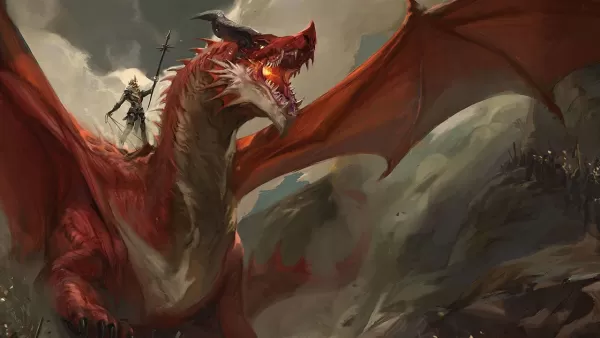
Being a DM is challenging but rewarding. Try these tips:
Prepare Thoroughly: Familiarize yourself with your world’s details to adapt when players make unexpected choices.
Stay Flexible: Embrace player decisions, even if they derail your plans, to create a shared story.
Reward Creativity: Encourage innovative problem-solving beyond combat.
Bend the Rules: Prioritize fun over strict adherence to rules, tailoring the experience to your group’s preferences.
Set Expectations: Discuss the campaign’s tone—lighthearted or dark—with your players using tools like Session 0 or Safety Tools.
Leverage Tools: Use platforms like DnDBeyond for character creation, Roll20 or FoundryVTT for virtual play, and Zoom or Discord to connect remotely.
Dungeons and Dragons welcomes players from all backgrounds. With preparation and a passion for storytelling, you’re ready for an unforgettable adventure. Gather your party, roll the dice, and let the journey begin!

 Latest Downloads
Latest Downloads
 Downlaod
Downlaod
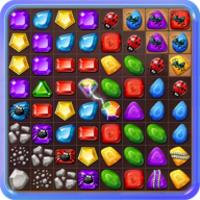



 Top News
Top News
